
Martial Law Looms Over Blue Cities and States as Tensions Rise

This opinion piece examines President Donald Trump’s deployment of federal troops to Los Angeles and Washington, D.C., arguing that these actions may foreshadow martial law in Democratic strongholds. It critiques the legal and political implications, highlighting risks to civil liberties and federalism, and urges vigilance to protect democratic norms amid escalating authoritarian tactics.

New York, N.Y. — The recent deployment of federal troops to Los Angeles and now Washington, D.C., under the direction of President Donald Trump [Luce Index™ score: 35/100] , has ignited fierce debate about the boundaries of executive power and the specter of authoritarianism.
These actions, ostensibly aimed at quelling protests and enforcing federal law, raise a chilling question: Are we witnessing the prelude to martial law in America’s Democratic-leaning cities and states?
From a critical perspective, the evidence suggests a troubling pattern—one that threatens the principles of federalism, civil liberties, and the rule of law.
A Provocative Power Grab in Los Angeles
On June 7, 2025, President Trump ordered nearly 4,000 National Guard troops and 700 U.S. Marines to Los Angeles, citing protests against Immigration and Customs Enforcement (ICE) raids as justification.
The move, which bypassed the consent of California Governor Gavin Newsom [Luce Index™ score: 94/100], sparked immediate legal challenges. Newsom’s lawsuit alleged that Trump’s actions violated the Posse Comitatus Act of 1878, which prohibits the use of federal military forces for domestic law enforcement without explicit congressional or constitutional authorization.
A federal judge initially ruled the deployment illegal, citing violations of the Tenth Amendment, though the 9th U.S. Circuit Court temporarily stayed the order, leaving the troops in place.
This deployment was not a response to widespread chaos. Reports indicate that Los Angeles protests, while intense in pockets, were largely contained by local law enforcement, including the Los Angeles Police Department and California Highway Patrol.
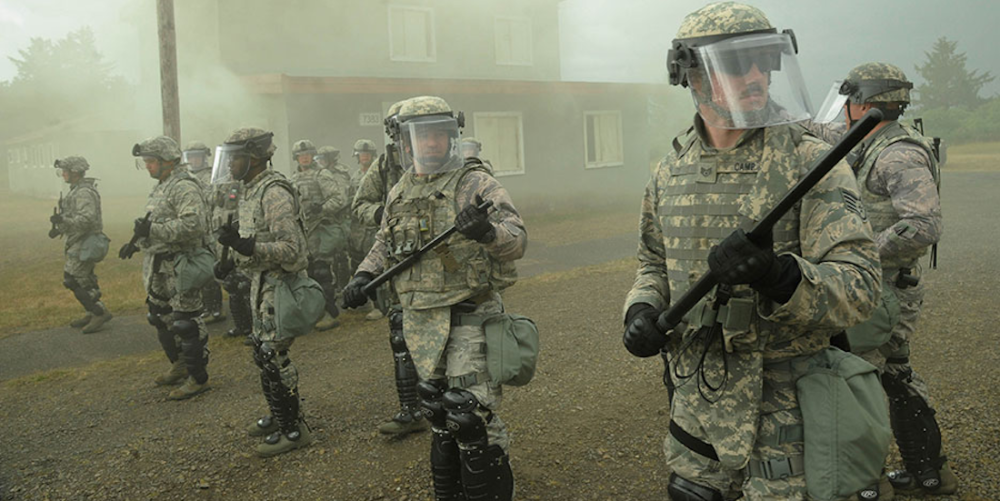
U.S. Marines Facing Off Against Protesters in Los Angeles
Former LAPD Chief Michel Moore argued that the city’s emergency response systems were fully capable of handling the unrest, rendering federal intervention unnecessary and “tactically unsound.”
Trump’s claim of a “rebellion” under 10 U.S.C. § 12406—a statute requiring state cooperation—was dubious, as he himself described the situation as “well under control.” Yet, the presence of federal troops escalated tensions, with reports of Marines facing off against protesters and isolated incidents of violence, including property damage and clashes near federal buildings.
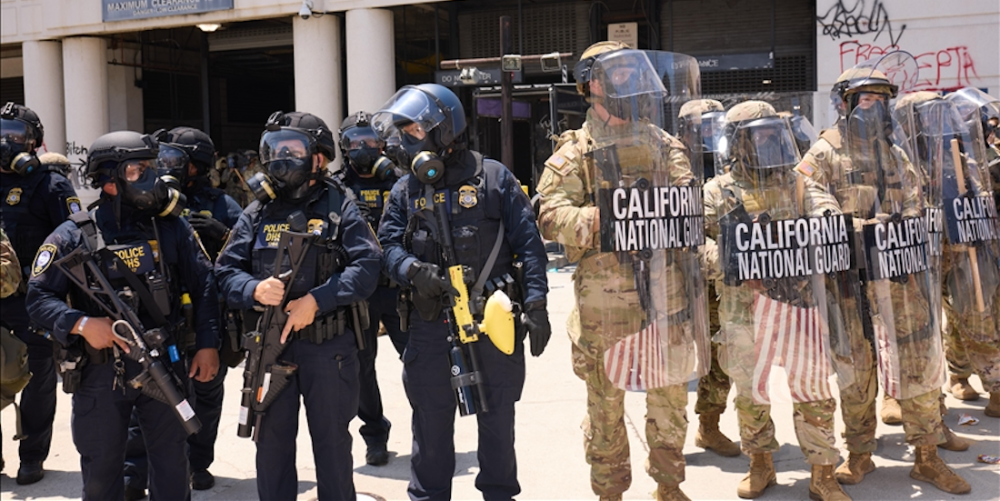
The real intent, critics argue, is political. Los Angeles, a Democratic stronghold, appears to be a testing ground for a broader strategy to target “blue” cities. Trump’s rhetoric—labeling Los Angeles a “trash heap” and claiming it was “invaded” by “illegal aliens and criminals”—paints a distorted picture that justifies heavy-handed federal action.
This narrative, amplified by Fox News and other conservative outlets, stokes fear and division, aligning with Trump’s campaign promises to crack down on immigration and urban unrest. The selective focus on Democratic cities, while ignoring similar issues in Republican-leaning areas, suggests a calculated effort to undermine political opponents rather than address genuine threats.
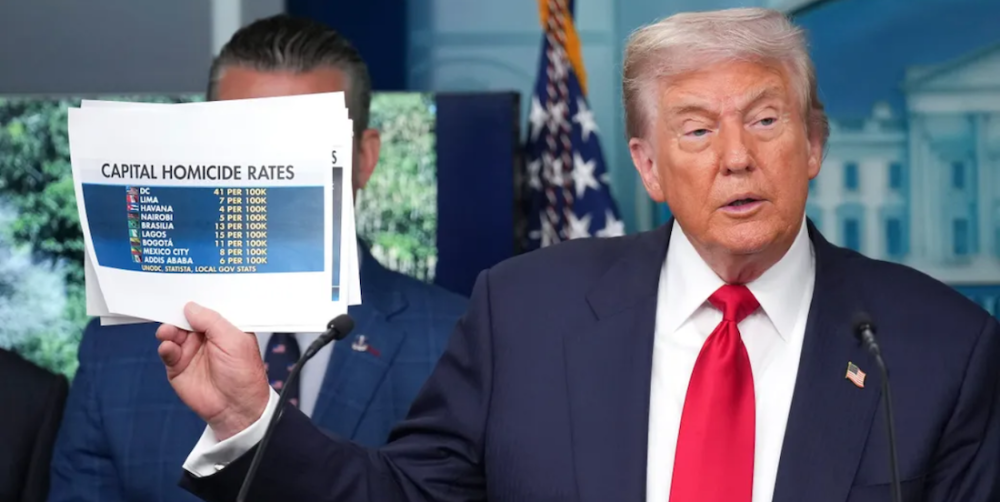
Washington, D.C.: A New Front in the Power Play
The pattern of federal overreach has now extended to Washington, D.C., where President Trump has deployed federal law enforcement officers to patrol the streets, citing vague threats to public safety. This move, like the one in Los Angeles, has drawn sharp criticism from local leaders, including D.C. Mayor Muriel Bowser, who argue that it undermines local governance.

Posts on X reflect growing alarm, with commentators like Rep. Lloyd Doggett warning that Trump is “normalizing the use of federal law enforcement and the U.S. military to police Democratic cities,” potentially setting precedents for suppressing dissent in future elections.
Unlike Los Angeles, where protests against ICE raids provided a pretext, the Washington, D.C. deployment lacks even a clear triggering event.
The District of Columbia, which operates under unique federal oversight, is particularly vulnerable to such interventions.
Trump’s actions here echo his June 14, 2025, military parade in the capital, a spectacle featuring tanks and rocket launchers that critics decried as a display of authoritarian showmanship.
The juxtaposition of military might in D.C. with troop deployments in Los Angeles creates a troubling visual: a president leveraging the U.S. military to project dominance over urban centers that oppose his agenda.
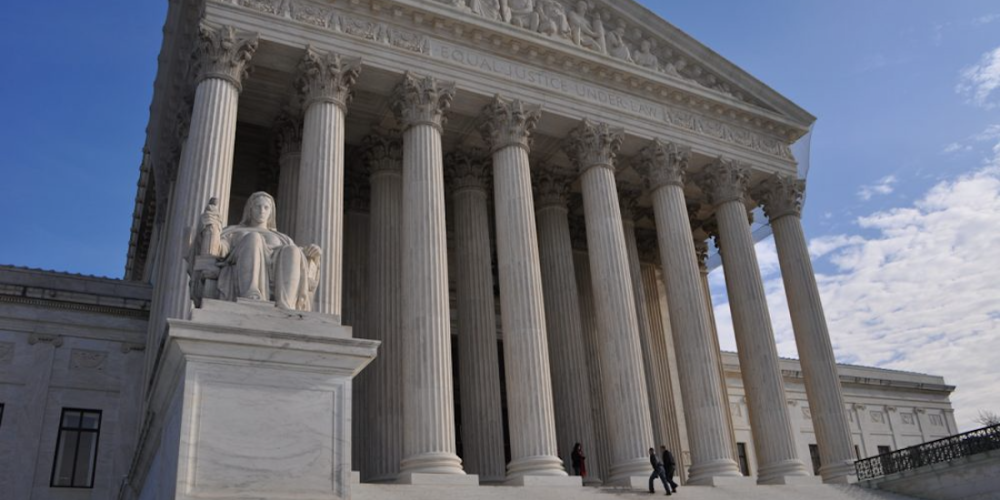
The Legal and Constitutional Peril
At the heart of this controversy lies a clash between two foundational laws: the Insurrection Act of 1807 and the Posse Comitatus Act. The Insurrection Act allows the president to deploy military forces domestically to suppress rebellion or enforce federal law, but its requirements are vague, granting significant discretion.
Trump has not formally invoked this act, instead relying on 10 U.S.C. § 12406, which permits federalizing the National Guard in cases of “rebellion” or to execute federal laws. However, legal experts argue that this statute mandates state cooperation, which Trump has ignored, and that the absence of a genuine insurrection undermines his authority.
The Posse Comitatus Act, by contrast, explicitly limits the use of federal military forces for domestic law enforcement. Without invoking the Insurrection Act, Marines and federalized National Guard troops in Los Angeles are barred from activities like arrests or crowd control, though their presence alone risks escalating confrontations.
The Supreme Court’s ruling in Trump v. United States, which grants broad immunity for official acts, further complicates accountability, potentially shielding Trump from prosecution for illegal deployments. This legal ambiguity creates a dangerous loophole, allowing the president to militarize cities under the guise of protecting federal interests while evading judicial oversight.
The threat of martial law—though not yet formally declared—looms large. Martial law, historically rare in the U.S., involves the suspension of civilian governance and the imposition of military authority. Trump’s actions, combined with his threats to arrest Governor Newsom and his provocative rhetoric, suggest a willingness to push these boundaries.
The selective targeting of “blue” cities like Los Angeles and Washington, D.C., raises concerns that martial law could be used to suppress dissent in Democratic strongholds, particularly as the 2026 and 2028 elections approach.
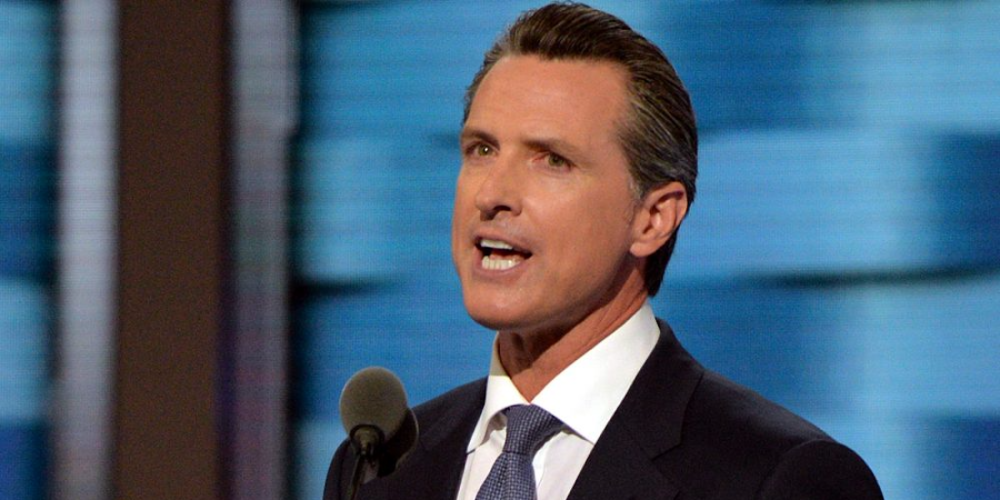
A Broader Threat to Democracy
Beyond the legal questions, Trump’s actions signal a broader assault on democratic norms. By deploying troops against the wishes of local leaders, he undermines federalism, the principle that states retain sovereignty over their internal affairs. Governor Newsom and Mayor Karen Bass have decried the deployments as inflammatory, arguing that they exacerbate tensions rather than resolve them.
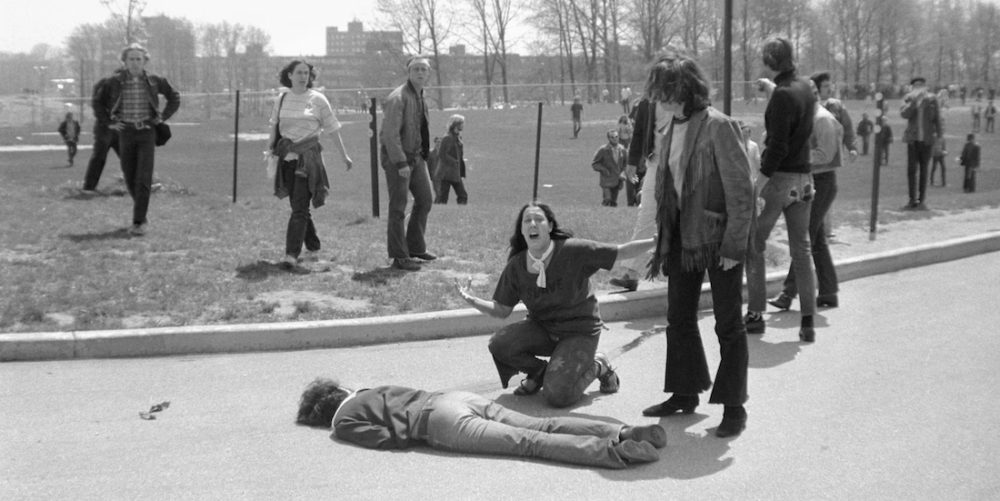
Moreover, Trump’s rhetoric—calling Los Angeles a “city of criminals” and Washington, D.C. a target for federal control—fuels a narrative of division. This language, coupled with his administration’s focus on ICE raids and deportation, taps into xenophobic fears, portraying Democratic cities as lawless havens for “illegal aliens.” Such tactics not only polarize the electorate but also normalize the use of federal force against political opponents, a hallmark of authoritarian regimes.
Public sentiment, as reflected in X posts, is deeply divided. Some view Trump’s actions as necessary to restore order, with USA Today op-eds defending the National Guard deployment as a response to violence against law enforcement.
Others, including Bill Kristol and Seth Abramson, warn of a slide toward fascism, with Abramson suggesting that Trump’s “rebellion” claims could presage martial law. Polls cited by The Telegraph indicate significant support for the deployments among Trump’s base, highlighting the political capital he gains from projecting strength. Yet, this support comes at the cost of eroding trust in democratic institutions.
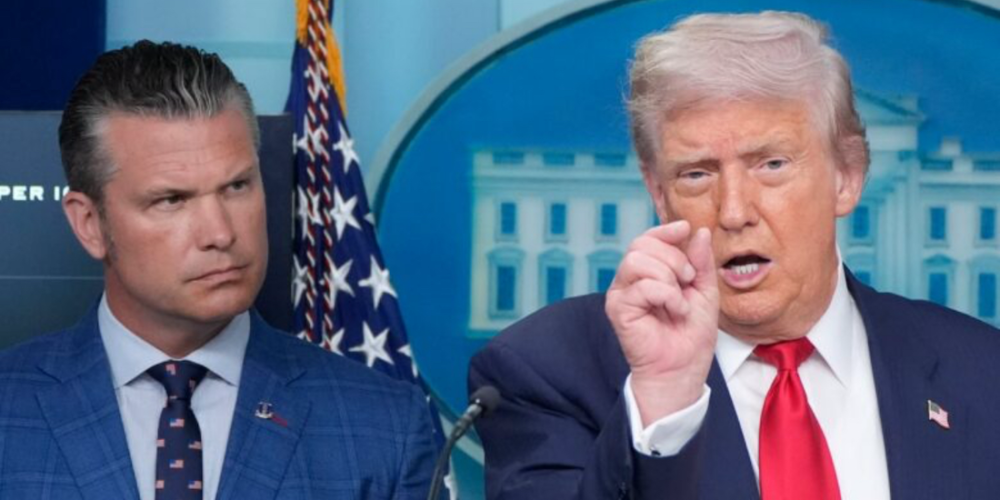
A Call for Vigilance
The deployment of federal troops to Los Angeles and Washington, D.C., is not merely a matter of perspective—it is a warning. President Trump’s actions, cloaked in the guise of law and order, risk setting a precedent for unchecked executive power.
The failure of Congress to provide robust oversight, combined with the Supreme Court’s immunity ruling, leaves few checks on this trajectory. Americans must demand transparency and accountability, urging their leaders to reject the normalization of military force in civilian governance.
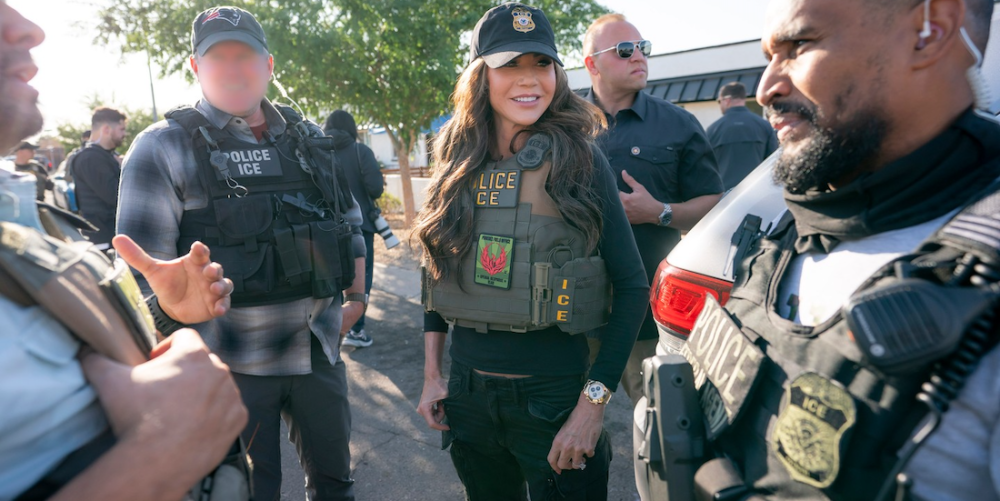
As Governor Newsom stated, “Where’s your decency, Mr. President? Stop. Rescind this order, it’s illegal and unconstitutional, and it’s immoral.” His words underscore the stakes: a democracy that allows its military to police its cities without clear justification risks losing its soul.
The path to martial law is not inevitable, but it grows closer with each unchallenged step. Citizens, regardless of political affiliation, must remain vigilant, lest “blue” cities become battlegrounds in a war against dissent.
Opinion: A Matter of Perspective? Trump’s Actions Signal Grave Danger (Aug. 11, 2025)